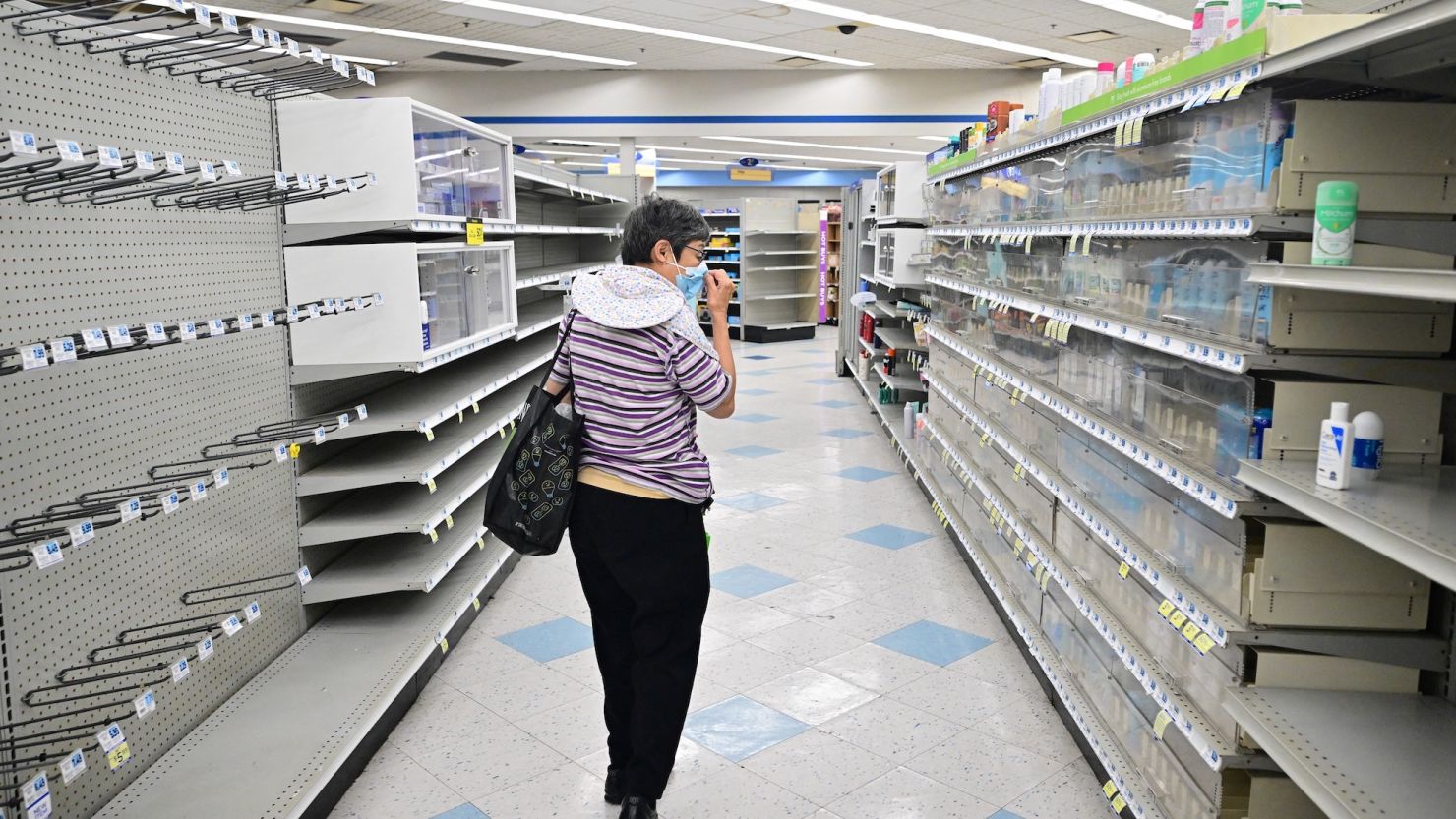In a decisive move to address its burgeoning waste crisis, the government of Balochistan has announced a ban on plastic bags, a decision made in August. This initiative is part of a broader effort to mitigate the overwhelming plastic pollution that plagues Pakistan, particularly in its major waterways.
Balochistan’s Urgent Waste Management Need

Chief Minister Sarfaraz Bugti made the announcement following discussions with the waste management division in Quetta, the province’s capital and largest city. Quetta officials revealed alarming statistics: the city generates approximately 1,000 tons of garbage daily, highlighting the urgent need for effective waste management solutions.
The ban comes amid a growing recognition of the challenges posed by plastic waste in Pakistan, a nation struggling to control its use of single-use plastics. Previously, Pakistan’s most populous province, Punjab, also instituted a ban on thin, single-use plastic bags earlier this summer, marking a significant shift in the country’s approach to waste management.
Rising Plastic Waste in Pakistan

A 2019 report underscored the scope of the plastic issue in Pakistan, estimating the annual consumption of single-use plastic bags at over 112 billion. This staggering figure is compounded by inconsistent waste management services, which often result in plastic waste finding its way into the Arabian Sea. The situation is dire, with the Indus River, a vital waterway flowing through Pakistan, being identified as the second-largest contributor to oceanic plastic pollution, trailing only behind the Yangtze River.
Global Trends in Plastic Bag Bans

The implications of Balochistan’s ban align with a global trend where countries are increasingly adopting measures to reduce plastic waste. Plastic bag bans have gained momentum in various parts of the world, demonstrating success in avoiding plastic pollution. In the United States, for example, only nine states have implemented such bans. However, the outcomes have been striking. New Jersey’s ban, enacted in 2022, has resulted in an impressive decrease of 5.5 billion plastic bags used annually, along with a 38% reduction in carbon emissions associated with bag production and disposal.
Overall, it is estimated that similar bans can eliminate around 300 single-use bags per person each year, underscoring the significant impact that small changes can yield in addressing environmental issues.
Effectiveness of Small Actions
Efforts to reduce plastic consumption extend beyond government regulations. Individuals can contribute by adopting simple practices, such as using reusable grocery bags. These small actions collectively lessen the demand for plastic, leading to reduced production, lower fossil fuel consumption, and consequently, a decrease in harmful emissions contributing to climate change.
A Call for Support and Awareness
The ban on plastic bags in Balochistan is a pivotal step towards a larger goal of creating sustainable waste management practices across Pakistan. As the provincial government takes action, the onus is also on the public to support these initiatives by changing their consumption habits and raising awareness about the environmental impact of plastic waste.
The necessity for collective action has never been clearer. As Balochistan joins other regions in the fight against plastic pollution, it signals a hopeful trend towards sustainable practices in waste management.
